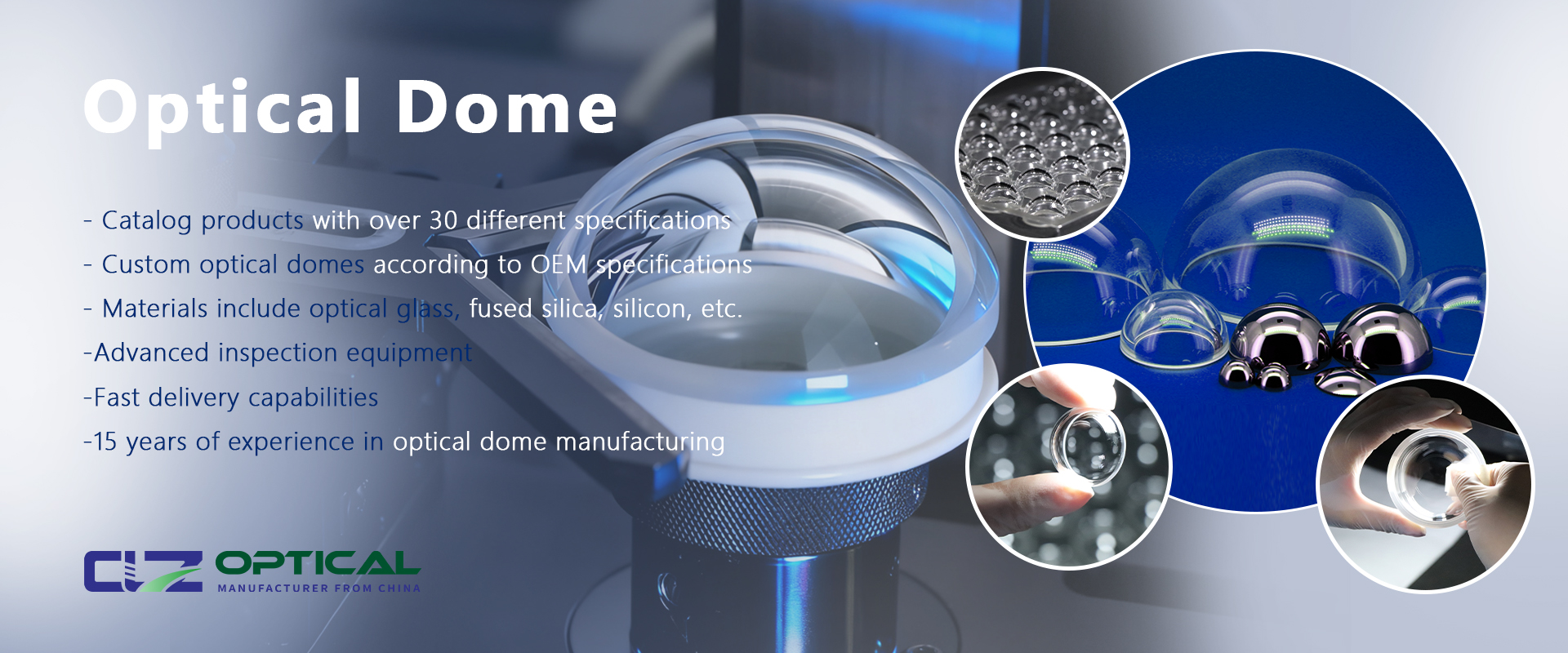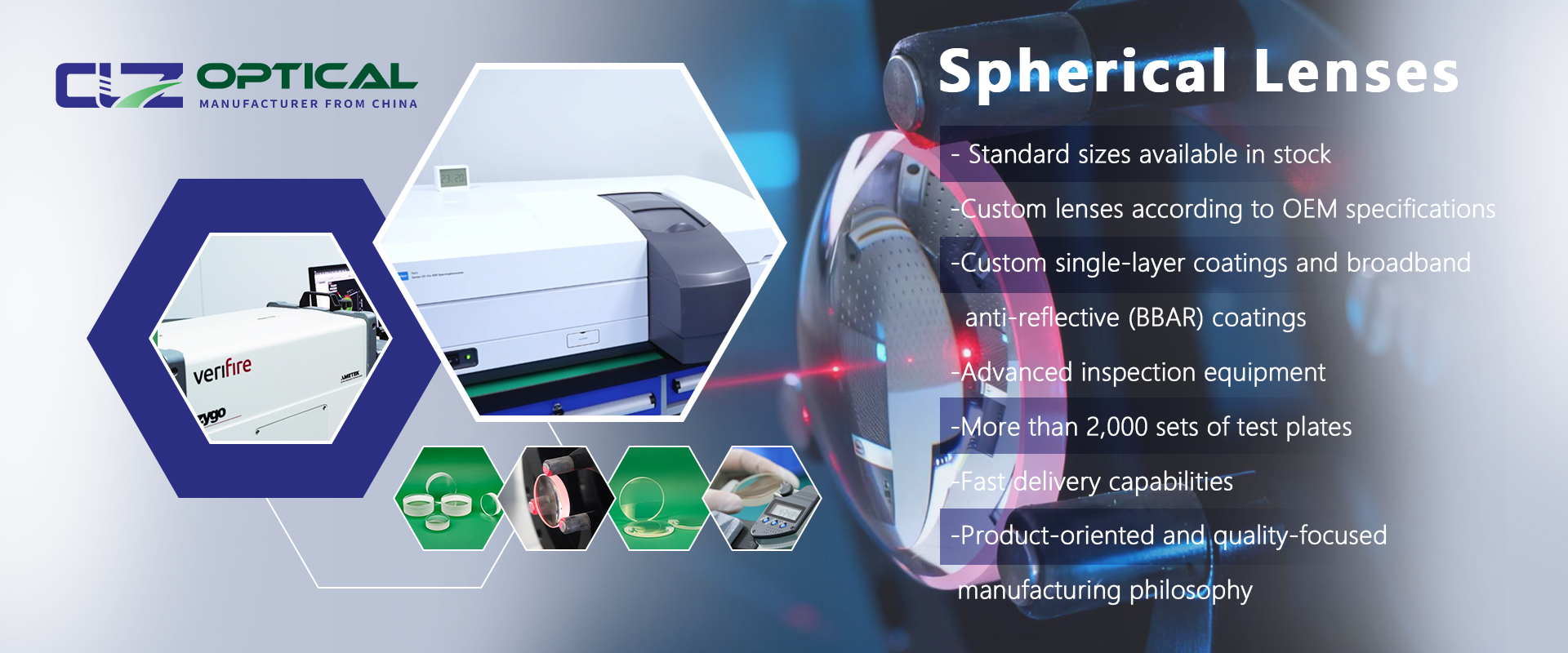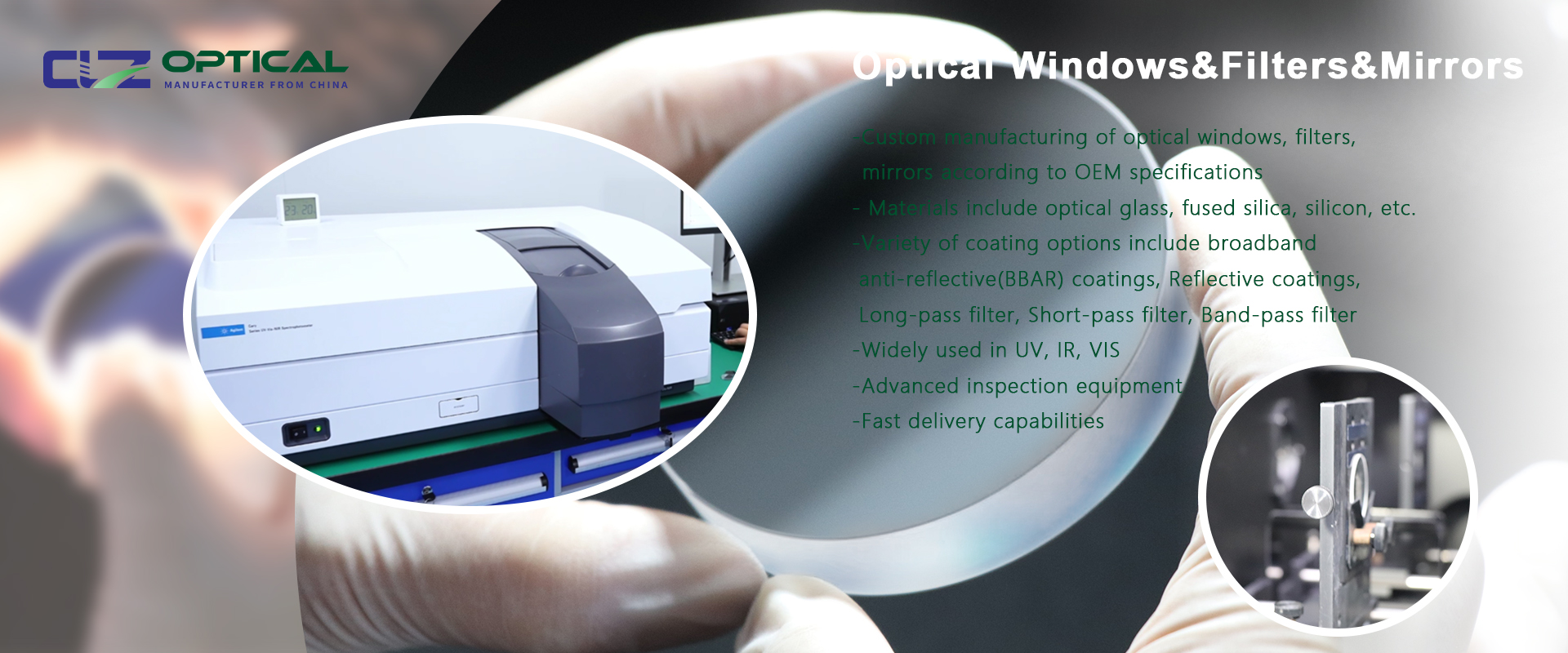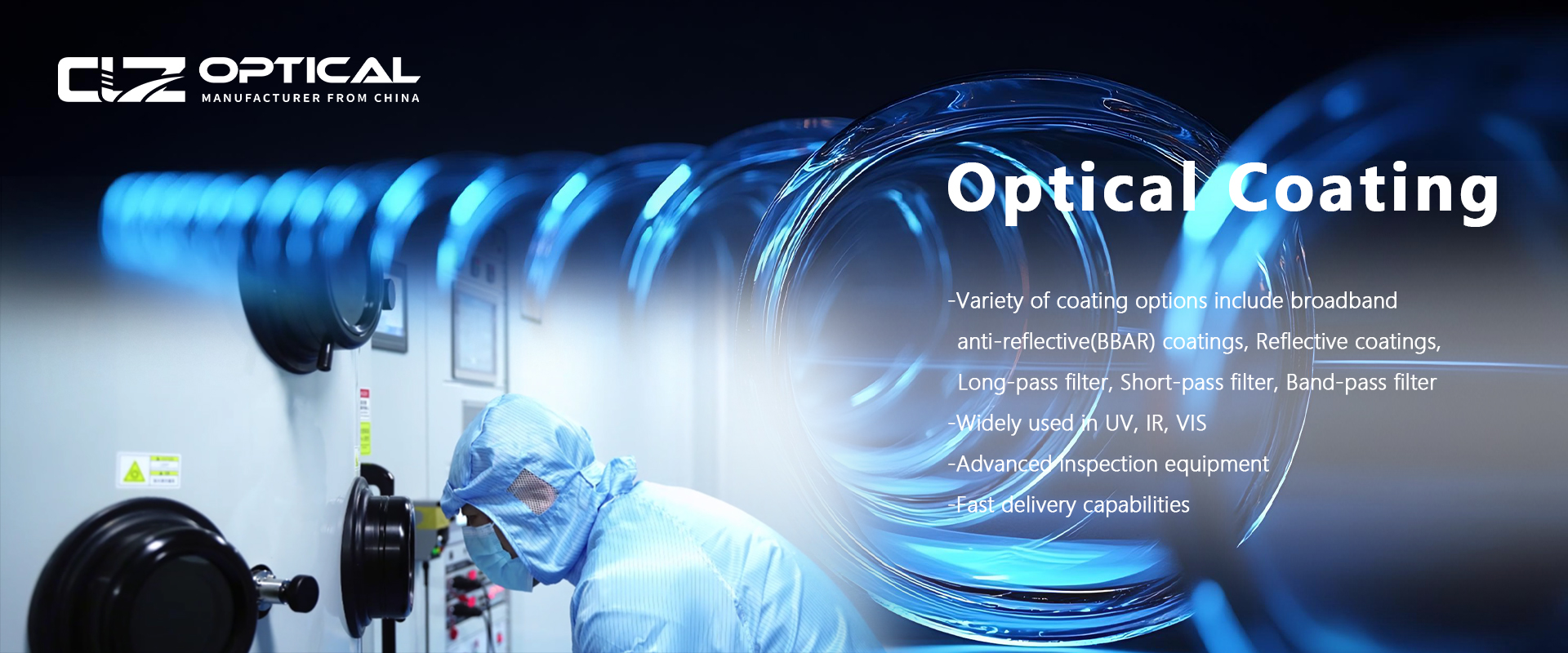What are the advantages of 96% silica glass?
Dec. 07, 2021
What are the advantages of 96% silica glass?
Advantages of Fused Silica/Quartz Glass Incredibly thermally shock resistant (can be taken from red heat and plunged into water without cracking) Low coefficient of thermal expansion. Optical transmission properties from ultra violet to infra red. Good chemical resistance.
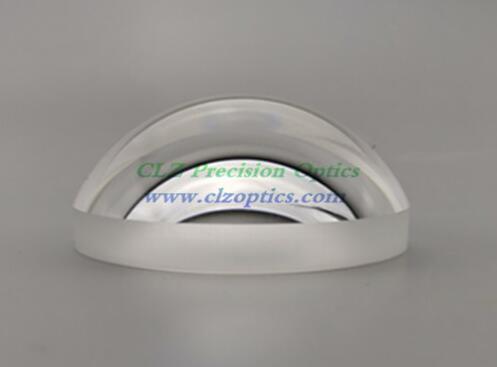
What is the use of silica in mirror?
Silica, which can be mined or refined from sand, is used to make glass. For the production of high-quality scientific grade mirrors a few other types of glass are used.
Is fused silica quartz?
Fused Silica and Quartz are both extremely pure materials featuring very low thermal expansion and excellent optical qualities. The main difference between the two is that Fused Silica is composed of a non-crystalline silica glass, while Quartz is made from crystalline silica.
What is fused silica used for?
Fused silica as an industrial raw material is used to make various refractory shapes such as crucibles, trays, shrouds, and rollers for many high-temperature thermal processes including steelmaking, investment casting, and glass manufacture.
Is silica better for glass?
Benefits of Fused Silica Glass Since it is synthetically processed, it is the purest form of glass on the market, both structurally and physically. Its cross-linked three-dimensional structure results in exceptional thermal resistance and near-zero thermal expansion.
How strong is fused silica?
Fused Silica is extremely strong in compression, with a design compressive strength greater than 1.1 x 109 Pa.
How strong is silica glass?
Weight for weight, silica nanowires are 15 times stronger than high strength steel and 10 times stronger than conventional [glass reinforced plastic].
Is silica glass safe?
Borosilicate glass is a type of glass whose main components are silica and boron trioxide. In fact, borosilicate glass is perfectly safe to use in both kitchen and laboratory applications. Creating borosilicate glass requires much higher temperatures than those necessary for the production of regular glass.
What are the properties of silica glass?
Silica glass has specific properties which cannot be seen in other materials. For example, rigidity, pulling strength, bending strength and the like rise with a temperature rise, and culminate at from 800 degree C to 1,000 degree C, and suddenly decrease at the temperature exceeding such specified temperatures.
How is silica glass formed?
The sand commonly used to make glass is comprised of small grains of quartz crystals, made up of molecules of silicon dioxide, which is also known as silica. Depending on the sand mixture, glass can have a variety of properties. Certain elements or chemicals mixed with sand can change glass’s color, for example.
What are the mechanical properties of glass?
The density of glass is 2.5, which gives flat glass a mass of 2.5kg per m2 per mm of thickness, or 2500 kg per m3. The compressive strength of glass is extremely high: 1000 N/mm2 = 1000 MPa. This means that to shatter a 1cm cube of glass, it requires a load of some 10 tonnes.












